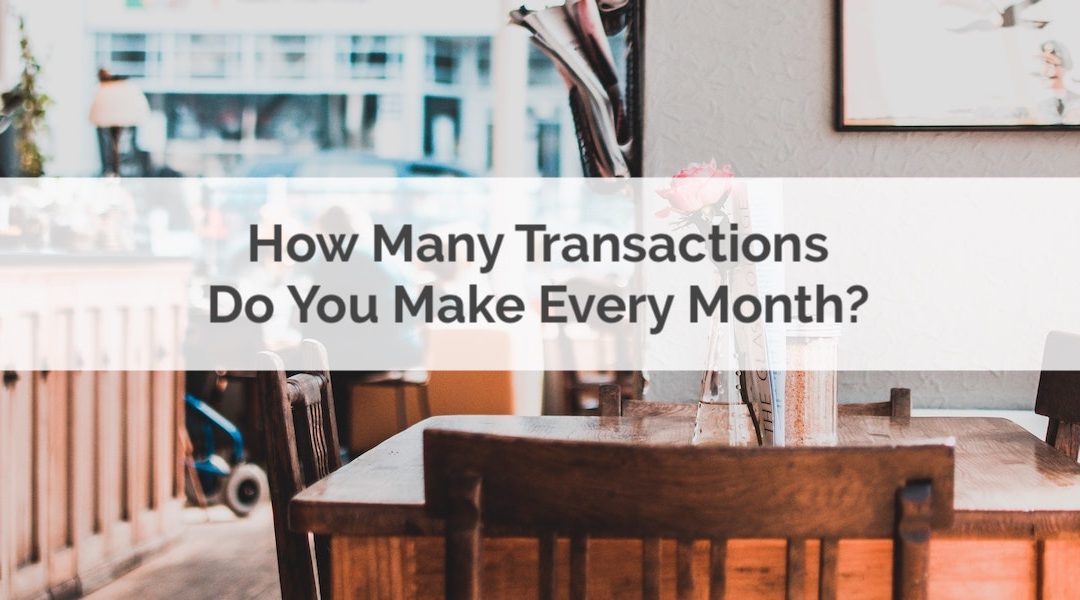
by Owen | Jan 28, 2019 | Behavioral Finance, Budgeting, Financial Goals, Saving Money
Managing finances in a relationship is hard isn’t it? Financial issues are one of the most common factors leading to divorce. Two different people can have very unique views on money and partners in a relationship are no exception.
Everyone values money a little bit differently. We all spend money in different ways. You might prioritize good food while I might prioritize expensive clothes. Couples have different priorities when it comes to money and if those aren’t communicated then its easy for this to cause resentment, anger and frustration between partners.
My wife Sue and I have been managing our money together for 10+ years and I feel we’re pretty successful at it. We still have disagreements, and we each manage our money completely differently, but we have a good system in place to ensure we’re communicating regularly about our finances.
Recently Sue and I were on the Because Money podcast talking about how we manage money as a couple. Sue and I talked to Sandi Martin and John Robertson about a few of the things we do on a regular basis to make money less stressful for us as a couple. You can listen to the whole podcast, but I’ve summarized a few of the main things below.

by Owen | Dec 31, 2018 | Financial Goals, Get Out Of Debt, Retirement Planning, Saving Money
It’s the new year! Time to kick start your finances!
This ten day routine will help you shift your finances into high gear. This routine is aggressive, ambitious, and a bit challenging. This routine will cover all the basics of a good financial routine. Having a routine for your money is one of the best ways to improve your finances this year.
If ten days seems like too much (and it probably is!) then consider spreading these steps over ten weeks or even ten months to make things a bit easier. The key is to find a pace that works for you. It’s better to take a bit more time if it means you’ll stick to your new routine.
If it seems daunting then consider pairing up with a friend, co-worker, or getting the help of a financial coach. At PlanEasy we offer custom financial coaching & advice for our clients. As a new client, we’ll create a 12-month program tailored specifically to you and your goals. If you struggle with your financial routine then a bit of coaching & advice might be exactly what you need to improve your finances this year.

by Owen | Nov 12, 2018 | Budgeting, Saving Money
Whoever invented the ‘latte factor’ or ‘avocado toast’ created a very skewed sense of how to save money. Saving money by cutting back on coffee, restaurants, going out, vacations etc are very difficult ways to save.
They’re difficult because they’re very visible and often very social occasions… plus they’re a lot of fun, so why cut back there?
Hidden ways to save, on the other hand, are the best ways to save. Saving money on things that no one sees, or cares about, makes it easy to save.
This is the secrete to saving money, save money where no one notices.
What someone considers a “hidden way to save” will be different from person to person. Some people really care about certain things, it all depends on what they value. Maybe they really value the car they drive, the house they live in, or only eating free range/grass fed/organic foods, but for many of us these are easy ways to save money, if you do it right.
These are five hidden ways to save money. No needs to know how much you pay for these monthly expenses and saving money in these area’s can be very easy.

by Owen | Apr 30, 2018 | Budgeting, Saving Money
Lots of us track our spending. Tracking your spending is one of those foundational personal finance habits. It’s not something that comes naturally. This is a habit that requires work. Sure… you can reach your financial goals without tracking your spending, but it makes it harder, and why would you make things harder?
Tracking your spending doesn’t have to be difficult. At PlanEasy.ca all of our clients, including myself, use a simple online form to track our spending. Make a purchase, pull up the form, enter the amount and the category and hit submit. Easy.
All that data gets put in a neat little summary. It shows you the typical things like spending month-to-date, spend vs budget, total spend, etc.
But one of the neat things we included in our summary is how many transactions you make. How many transactions you’ve made over the last 30 days. The average number of transactions per day. How many “no spend” days you’ve had and your longest “no spend” streak.
I’m a firm believer that a lot of our spending is driven out of habit. You walk by a certain store, coffee shop, restaurant and out of habit you go in and you buy something.
Spending habits are easy to form. There is a clear “cue, routine, reward” cycle. The cues are everywhere in the form of advertising, marketing, sales, promotions, etc. The routine is simple, pull out your credit card and buy something. The reward is that immediate satisfaction you get from your purchase. It’s addictive.
Spending habits are hard to break. The way to break them is not by tracking how much money you spend, it’s by tracking how many times you spend money. It’s by tracking how many transactions you make each month, week, or day.
The more transactions you make, the more you reinforce your spending habits, and the harder they are to break.
Instead of focusing on how much you spend, try focusing on the number of transactions you make. Try to go for “no spend” streaks of 2, 3, 4, 5+ days in a row, or try going cold turkey and do a no spend month!
As you start to reduce the number of transactions you’ll also start to break those spending habits and you’re definitely going to be spending less each month.

by Owen | Mar 26, 2018 | Budgeting, Saving Money
Saving money is a very personal thing. Everyone values things differently. You and I each have our own personal values. What we like. What we dislike. Even if we have the same income and live in the same area we’re still going to have very unique budgets because we value things differently.
Take me for example. I value time and freedom. I value time with my family and friends. I value the freedom to choose how I spend my time. I value these things more than other things and I’m willing to make sacrifices to give me more time and freedom.
My budget reflects what I value. I save money on things that I don’t value and I spend money on things that I do. Some things I choose to save money on might seem crazy to you, or it might seem normal, it all depends on what you value.
I’m going to share with you five crazy things that I like to do to save money. Depending on what you value, you might I’m absolutely insane, or you may think I’m completely normal.
What crazy ways do you save money? What do you value? Make a comment at the end of the post.

by Owen | Jan 22, 2018 | Saving Money
In this post we’re talking about extreme ways to save money. We are NOT talking about reusing your paper towels, or squeezing ketchup packs back into the bottle. That’s might save money, but that’s not extreme enough.
What we’re talking about here is extreme frugality. The level of frugality that allows you to live off half your income of less. Frugal living like this doesn’t come easy.
If you want to save big you have to go extreme.
These extreme ways to save money will require a little more commitment and determination than squeezing ketchup packs back into the bottle.
These aren’t easy ways to save money. Oh no. These three ways to save money require some serious lifestyle changes but if you can do them you’ll be on your way to living on just a fraction of a regular household’s budget.






